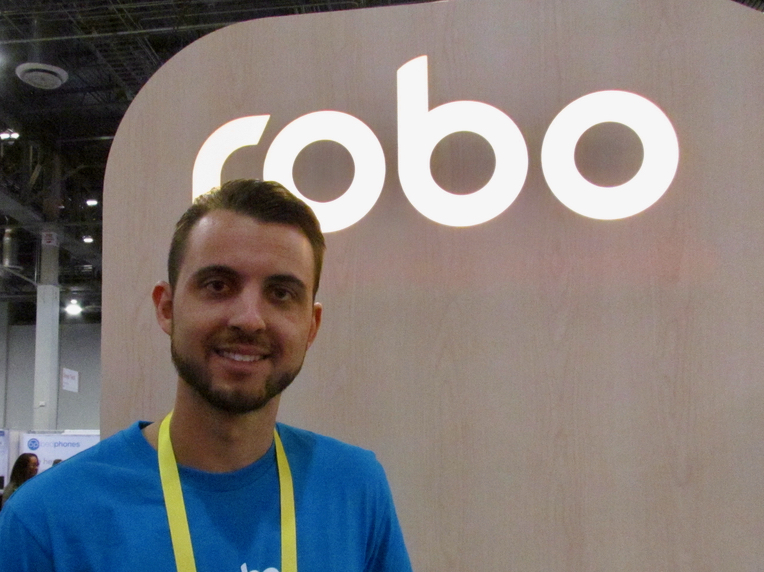
We had a chance to talk with Robo CEO and founder Braydon Moreno recently to find out the latest on this interesting desktop 3D printer manufacturing company.
Robo is one of the survivors of the consumer push into 3D printing some years ago, having introduce the successful line of Robo 3D printers that were well received. In fact, the first “RoBo 3D Printer” raised almost USD$650,000 when it was launched in 2012.
Since then the company has progressed forward, focusing not only on improving their machine products, but also the support systems, manufacturing and management behind the scenes.
Recently they became one of the few publicly traded 3D printer manufacturers through a curious corporate maneuver known as a “reverse takeover”.
One thing you may have not noticed is that the company recently changed their name and branding, from “Robo 3D” to just “Robo”. When asked about this change from four months ago, Moreno says the name change is “official”, and that its because the company is “now doing more things” beyond 3D printing. From that I think we can expect some interesting announcements from this company in the future.
Moreno explained that one of the different things they’re up to is working on the entire 3D printing experience. Part of this strategy has shown up as their new smartphone app, where you can have a “complete mobile experience”, according to Moreno.
With the app, you’re able to download 3D models from Thingiverse (and possibly other sites in the future), as well as perform slicing in the cloud to prepare for 3D printing. In other words, with the app alone on your phone, you can pick a 3D model from Thingiverse and start it printing – all while being physically remote from the 3D printer.
Their strategy here is to “deliver accessible content”, and it seems like a very good idea for the market they’re targeting.
They’re also developing ways with partners to enable “Customized 3D prints”, in which the user goes through a simple design process online to create a customized item, such as an iPhone case. Then it’s printable on the Robo 3D printing gear.
Moreno explained they’re developing “kits” that can be 3D printed based on “practical things people actually need or want”, like a DIY drone kit, for example.
They’re also seeking to provide advice on 3D printing. One example of this could be to match the right materials for a given 3D model, ensuring the best possible printing result.
The app infrastructure is also capable of handling alerts regarding machine status. “Print complete” is an obvious status change, but the new Robo gear can also detect “Filament Out”, prompting the remote operator to show up and swap the spools.
The new R2 and C2 3D printers, by the way, include all the notable features you’d expect, like interchangeable print heads, networking and automated leveling. They also include a “restart” feature that enables you to restart a print job in mid-print should the power fail. This is a wonderful feature for long-running prints that have a higher possibility of hitting a power bump.
What is perhaps a bit more subtle about these machines is that they leverage the networking to collect anonymized statistics about machine use. Robo can analyze these stats to determine and fix issues, for example, as well determine usage patterns. This could lead to better improvements in future equipment as the company more closely understands exactly how people use the machines.
While the new C2 machine is out now, and the R2 is expected to be released in March, Robo is of course working on future equipment.
Moreno explained that the company is currently working on a laser engraving option for the machines in the future, but at this time they are still developing the use cases for this feature.
He also suggested there may be a “Pro2” version coming later in the year, which could include multiple print heads (for dissolvable support structures or multicolors, for example), which could be priced in the USD$2,500-3,000 range.
Behind the scenes Robo has apparently partnered with a new manufacturing company to construct the machines. This is a huge step for a small company to take, but it seems to me that Moreno and team are up to the challenge. If they’re successful, this could do several things for them, not the least of which would be to enable huge sales volumes. I think their recent IPO and the funds made available through that have been put to good use.
When asked what the most fun thing that’s happened, Moreno was quite clear: their new integration with Amazon Alexa. With this you can actually say, “Alexa, 3D print me a box!” and it will really happen.
Via Robo

